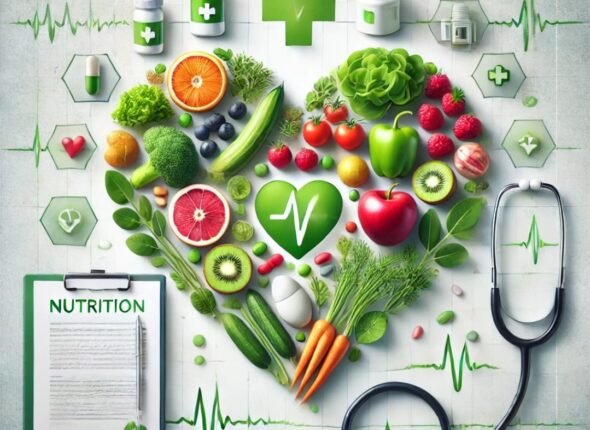The Medical Laboratory Diploma targets graduates from faculties of science, pharmacy, veterinary medicine, dentistry, nursing, agriculture, education, technical health institutes, medical sciences, and biotechnology. This diploma prepares graduates for the job market comprehensively, offering theoretical and practical applications taught by a distinguished faculty of specialists in the field. Upon completing the diploma, students receive accredited, documented certificates recognized in the job market, which includes laboratories, hospitals, and health centers, and can be verified through DataFlow.
Diploma Objectives
The goal of this diploma is to educate and train medical professionals capable of enriching the medical community in this specialty, which will benefit society as a whole.
Medical Laboratory Diploma Topics
The diploma includes modules and elements covering all areas of medical analysis, starting from the essence of this science to the components of the laboratory, the necessary legal procedures, and how to obtain licensing.
Introduction to Medical Analysis
Quality, Safety, and Occupational Health
Sample Collection and Handling
Diseases Requiring Diagnosis through Medical and Laboratory Analyses in Chemistry
Liver Enzymes
Kidney Functions
Cardiac Enzymes
Sugar, Fats, Salts, and Minerals
Glands
Different Types of Anemia, Their Causes, and Laboratory Diagnostic Methods
Viruses and Immunology
Hormones and Tumor Markers
Semen Analysis
Blood Tests
Blood Cell Formation and Its Various Forms
Coagulation Factors and Blood Clotting Disorders
Laboratory Diagnosis and Case Discussion for Blood Clotting Disorders
Parasites and Body Fluids
Diseases Requiring Diagnosis through Medical and Laboratory Analyses in Applied Microbiology
Bacteriology
Parasitology
Rapid Tests
Recommended Medical Analyses and Their Reliance for Diagnosis
Treatment Planning and Monitoring
Mastery of Sample Collection, Preservation Methods, and Handling Until Analysis
Training on Documenting Results and Writing Accurate Reports
Training on Patient Interaction and Providing Accurate Information
Laboratory Components
Laboratory Quality
Protection of Laboratories from Biological and Environmental Hazards
Mastery of Sample Collection and Preparation
Knowledge of Sample Preservation Methods and Handling Until Analysis



